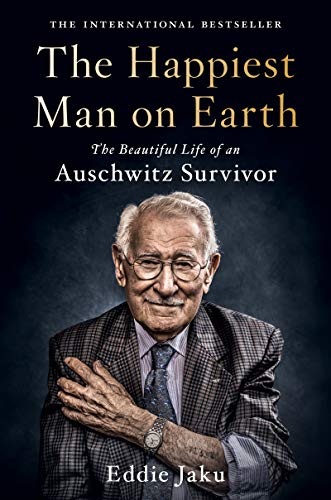
The Night Trilogy
by Elie Wiesel
"Night, Dawn, Day"
Popularity
5 / 5
* A book's popularity is determined by how it compares to all other books on this website.
Where to buy?
Buy from Amazon* If you buy this book through the link above, we may receive a small commission at no extra cost to you.
The Night Trilogy by Elie Wiesel
Details
War:
World War II
Perspective:
Prisoners of War
True Story:
Yes
Biography:
Yes
Region:
Europe
Page Count:
347
Published Date:
2008
ISBN13:
9780809073641
Description
Main Themes and Topics
The Night Trilogy by Elie Wiesel is a profound exploration of the human condition through the hellish experiences of its characters. Central themes include the struggle for survival amidst overwhelming despair and the questioning of faith and humanity in the face of unspeakable atrocities. The trilogy delves deeply into the aftermath of trauma, showcasing the psychological scars left by horrific experiences and the challenge of finding meaning in a seemingly indifferent world. Through its narratives, the book confronts the moral complexities of guilt and responsibility during times of conflict and suffering.
Writing Style and Tone
Wiesel's writing style in The Night Trilogy is both haunting and poetic. He employs a stark, minimalist prose that underscores the bleakness of the environments and experiences he describes. The tone is deeply introspective and somber, inviting readers to engage with the emotional and philosophical weight carried by the characters. Wiesel’s masterful use of language captures the chilling and often surreal realities of the human experiences during and after the Holocaust, creating an evocative and immersive atmosphere that lingers with the reader.
Awards and Recognition
Elie Wiesel's work, particularly Night, the first book of the trilogy, has received widespread acclaim for its powerful depiction of Holocaust experiences. Night is often considered one of the quintessential Holocaust memoirs, widely studied and respected in both academic and literary circles. The impact of Wiesel's work has been recognized globally, contributing significantly to Holocaust literature and education. Wiesel himself was awarded the Nobel Peace Prize in 1986, honoring his efforts to fight indifference, intolerance, and injustice through his writings and humanitarian work.
Criticism
While Elie Wiesel's The Night Trilogy has received substantial praise, some criticism focuses on the intense emotional weight and bleakness of the narratives. Readers may find the trilogy's unflinching portrayal of suffering and moral ambiguity challenging. However, this direct confrontation with the darkness of human experiences is also what many commend about Wiesel's work, arguing that it is both necessary and poignant for a true understanding of the complexities of human resilience and morality.
Brief Summary
The Night Trilogy tells the harrowing stories of individuals caught in some of the darkest chapters of human history. The first book, Night, recounts the experiences of Eliezer, a Jewish teenager, in the Nazi concentration camps. It is an autobiographical memoir reflecting Wiesel's own experiences. The second novel, Dawn, shifts to Palestine, where the protagonist wrestles with the morality of his role as an executioner during a hostage situation. The final book, Day (originally published as The Accident), portrays the journey of a Holocaust survivor coming to terms with life after a traumatic accident in New York City. Together, these works provide a multifaceted look at the enduring impact of trauma and the relentless search for meaning.



![The Tattooist of Auschwitz [Movie-Tie-In]](https://m.media-amazon.com/images/I/51oBZ7tuzeL._SL500_.jpg)





